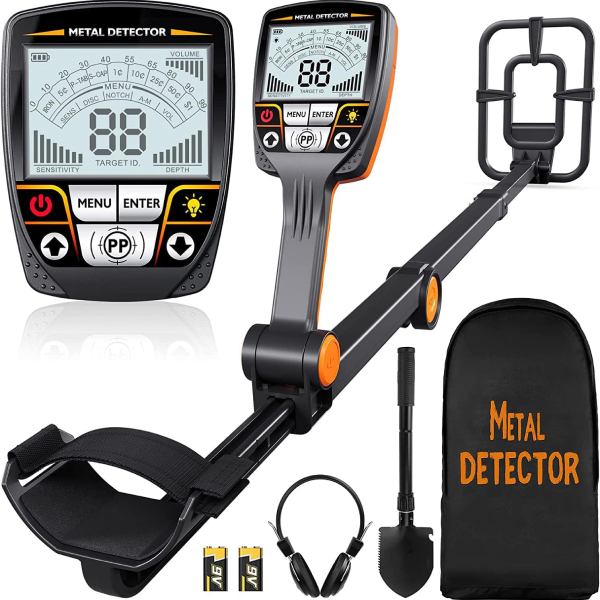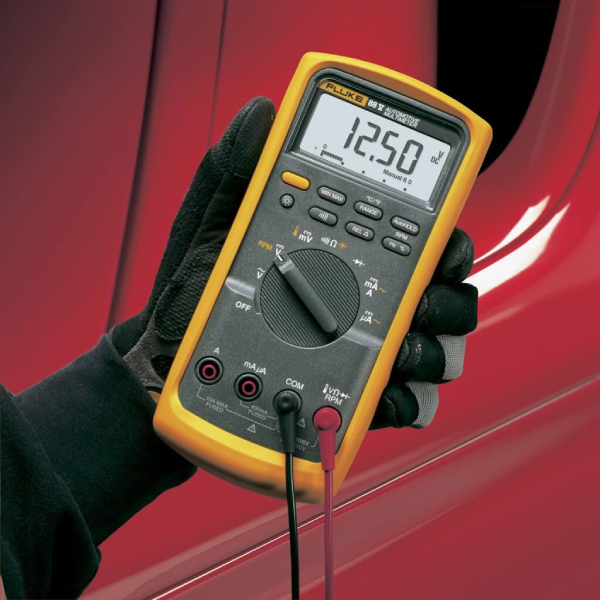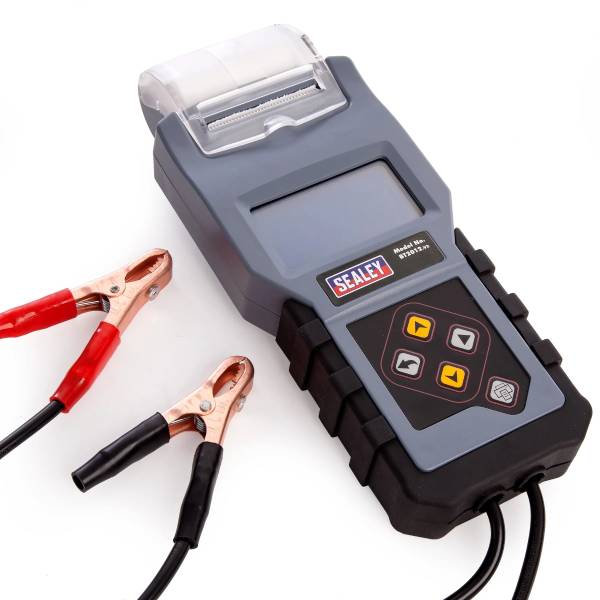Metal Detector: Uncovering Hidden Treasures
What is a Metal Detector?
Understanding Metal Detectors
A metal detector consists of two main components: a transmitter and a receiver. The transmitter sends out electromagnetic signals into the ground, and these signals travel through the soil. When the signals encounter a metal object, they bounce back to the receiver. This reflection alerts the user to the presence of metal. Consequently, users can pinpoint the location of buried objects with ease. Many treasure hunters rely on metal detectors to discover lost relics, coins, or jewelry.
![]()
Popular Uses of Metal Detectors
Metal detectors have a broad range of applications beyond treasure hunting. Historians often use them to locate artifacts on archaeological sites. Schools and parks use metal detectors for safety, helping find hazardous objects. They also benefit hobbyists who explore beaches and fields for interesting finds. Additionally, professionals may use them in construction to find underground piping.
The versatility of metal detectors makes them appealing to various groups. Enthusiasts appreciate the blend of adventure and technology that these devices offer. As a result, metal detecting has become a popular pastime worldwide. With advancements in technology, manufacturers continue to improve metal detectors, making them more sensitive and user-friendly. This innovation encourages even more people to explore the outdoors while searching for hidden treasures.
Types of Metal Detectors
Metal detectors come in various types, each designed for specific tasks. Beginners often use general-purpose detectors because they are user-friendly and affordable. Many hobbyists find joy in exploring local parks, beaches, and even backyards. These detectors help them locate coins, jewelry, and other treasures. As they become more experienced, hobbyists may upgrade to more sophisticated models. This upgrade enables them to increase their depth detection and sensitivity. Enthusiasts often share their findings and experiences, fostering a sense of community.
Advanced Metal Detection
On the other hand, advanced detectors cater to professionals in fields like archaeology and security. Professionals require specialized features to meet their unique needs. These devices often include high discrimination abilities to filter out unwanted metals. Security personnel utilize detectors to ensure safety in crowded events or venues. Archaeologists use them to locate artifacts without damaging the surrounding area. The precision of advanced metal detectors allows experts to analyze data effectively. Moreover, both hobbyists and professionals benefit from the growing technology in this field. Improved designs enhance reliability and accuracy, making metal detection more dynamic. Overall, metal detectors offer a fascinating blend of adventure and discovery for everyone.
How Metal Detectors Work
The Electromagnetic Principle
Understanding how a metal detector functions captivates many people. The device operates on fundamental electromagnetic principles, which are essential for its effectiveness. When you switch it on, the metal detector generates a powerful electromagnetic field. This field extends into the ground, allowing it to identify hidden metal objects. As the user sweeps the detector across different areas, the electromagnetic field interacts with metal beneath the surface. Therefore, the device can signal the presence of metal through sound or visual alerts. Moreover, the display provides information about the type of metal detected, distinguishing between ferrous and non-ferrous materials. If you’re thinking about the best time to buy power tools, consider how their precision can enhance your treasure hunting with a metal detector, making your search for hidden metal objects even more effective.
![]()
User Interaction and Practical Applications
Users often find the function of the metal detector intuitive and engaging. They can easily adjust settings to enhance detection based on specific needs. For instance, increasing sensitivity may lead to better detection in certain environments. Many enthusiasts enjoy using their detectors in parks, beaches, and historical sites.
They search for valuable items, like coins or jewelry, often uncovering fascinating artifacts. Besides treasure hunting, metal detectors serve practical purposes. Many industries utilize them for security checks or locating underground utilities. Individuals also use them for archaeological surveys to find buried historical treasures. Thus, metal detectors remain versatile tools, blending science and adventure in various applications. Their fascinating working principle continues to intrigue both casual users and experts alike. Just as metal detectors uncover hidden treasures and artifacts, mini excavators play a crucial role in archaeological digs, helping to carefully excavate sites and reveal historical treasures beneath the surface.
Metal Detector Uses in Treasure Hunting
Exciting Discoveries and Challenges
![]()
Treasure hunters eagerly explore various landscapes with metal detectors. They often investigate old battlefields, where history hides beneath layers of earth. Forgotten homesteads offer clues to past lives, waiting for someone to uncover them. Moreover, sunken ships shroud mysteries in deep waters, enticing adventurers. Each beep from a detector fuels excitement, as it may indicate precious finds. Gold coins, vintage jewelry, and unique artifacts often spark imaginations. Yet, hunters must approach their search with patience and strategy. Knowledge of the area plays a crucial role in successful expeditions.
The Importance of Technology and Training
Modern treasure hunters benefit from advanced technology in metal detectors. Many detectors come with built-in GPS features, making navigation easier. These features help users mark specific locations for future exploration. However, the technology itself cannot guarantee success; skilled training is essential. Hunters must learn to interpret signals and adjust settings properly. Understanding soil conditions and potential targets also enhances their quest.
They often share experiences in community forums and social media groups. These platforms provide valuable tips and foster connections among enthusiasts. Ultimately, combining technology with expertise leads to rewarding discoveries. Thus, the thrill of the chase continues to captivate treasure seekers globally. They rejoice in the stories behind every find and the thrill of potential wealth. In the pursuit of hidden treasures, enthusiasts often rely on tools like a multimeter to enhance their discoveries, sharing tips and techniques in vibrant online communities, fostering a sense of adventure and camaraderie among treasure seekers worldwide.
Metal Detector Applications in Security
Enhanced Security Measures
![]()
Security agencies play a critical role in maintaining safety in various environments. Airports use metal detectors to screen passengers effectively. These devices help identify dangerous items, such as weapons or explosives. Consequently, security personnel can intervene before any potential threat escalates. Concert venues also implement handheld detectors for this same reason.
These portable devices ensure the safety of concertgoers by identifying prohibited items. Both airport and venue security teams rely on these tools to create safer environments for everyone. Just as security agencies utilize metal detectors to ensure safety in airports and concert venues, electric meters play a vital role in monitoring energy consumption, helping to prevent potential hazards related to electrical overloads and ensuring the safety of energy usage in various environments.
Increasing Public Confidence
The presence of metal detectors increases public confidence in safety measures. Many travelers feel more secure when they know these devices are in place. Similarly, concert attendees can enjoy events without fear of potential dangers. As security technologies advance, agencies continuously improve their detection methods. Newer models of metal detectors often provide faster and more accurate results. This efficiency allows security personnel to process large crowds quickly.
Additionally, heightened security can deter individuals from attempting any harmful actions. Therefore, the use of metal detectors proves essential in various sectors. They not only facilitate safety but also promote a sense of trust. Overall, these measures foster a collective responsibility for public well-being. Security agencies must remain vigilant and proactive in their efforts to protect citizens. By ensuring consistent and thorough screening, they contribute significantly to public safety. Individuals can enjoy their travels and leisure activities knowing that their safety is prioritized.
Maintenance of Metal Detectors
Maintaining your metal detector is crucial for its longevity. You should regularly check the batteries to ensure they are charged. If the batteries run low, you might miss valuable finds. By cleaning the coil and housing, you can prevent dirt accumulation. Dirt can affect detection accuracy and reduce your search’s effectiveness. Furthermore, inspecting cables and connectors is vital to avoid disruptions during use. Any signs of wear could lead to malfunctions when you need your detector most. A well-maintained device also boosts your confidence while searching.
Enhancing Performance and Success
Regular upkeep not only prolongs the device’s life but also enhances its performance. You will likely experience improved detection sensitivity when you keep it clean. Moreover, a well-functioning detector increases your chances of finding valuable items. Proper maintenance encourages you to use your detector more often, leading to greater discoveries.
![]()
As you conduct regular checks, you will feel more assured during your searches. Remember that even small issues can escalate if left unchecked. Thus, taking proactive steps can save you time and frustration. Investing a little effort into maintenance pays off in the long run. You will enjoy your metal detector adventures more when you know your equipment is reliable. Hence, prioritize routine maintenance to experience the best outcomes in your treasure-hunting endeavors. As you focus on routine maintenance of your metal detector, don’t forget about your Wire Stripper; keeping all your tools in top condition ensures a seamless and enjoyable treasure-hunting experience.
Tips for Successful Metal Detection
Successful metal detection requires practice and strategy. First, research locations with historical significance. This will increase your chances of finding valuable items. Secondly, familiarize yourself with the detector’s settings. Adjust sensitivity and discrimination according to the soil conditions. Finally, a systematic approach to searching improves efficiency. To enhance your success with a metal detector, remember to focus on historically rich sites, understand your device’s settings, and adopt a systematic searching method for better efficiency in unearthing valuable treasures.
Metal Detector Community and Resources
Joining a metal detector community can enhance your experience. Many online forums and local clubs exist for enthusiasts. These groups provide valuable tips, locations, and equipment reviews. Additionally, you can learn from experienced users and share your findings. Many clubs organize events, allowing members to hunt together. Participating in a metal detector community not only allows you to share discoveries but also provides opportunities to learn about essential tools, like a battery tester, ensuring your equipment is always ready for the next hunt.
In conclusion, metal detectors are more than just devices; they are gateways to discovery. Whether you explore nature for treasures or improve security, understanding their use is crucial. Embrace the journey of exploring the unknown and unearthing secrets beneath the surface. The world of metal detection awaits your exploration!


